Pakistan is ready for change: Mahira Khan
Superstar explains why the release of ‘Verna’ was a victory for all women, everywhere
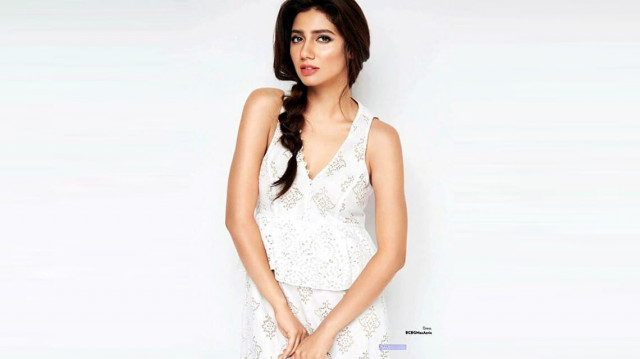
PHOTO: VOGUE INDIA
The 33-year-old’s latest offering Verna released in November last year, after its fair share of controversies and bans. The film – which followed the story of a rape victim her quest for revenge – proved to be a bold condemnation of the way Pakistani society victimises women. “I was nervous about how it would work as a film as well as the performances but about the subject matter? Never, because I stand by it,” Mahira said, in a recent interview with The Guardian.
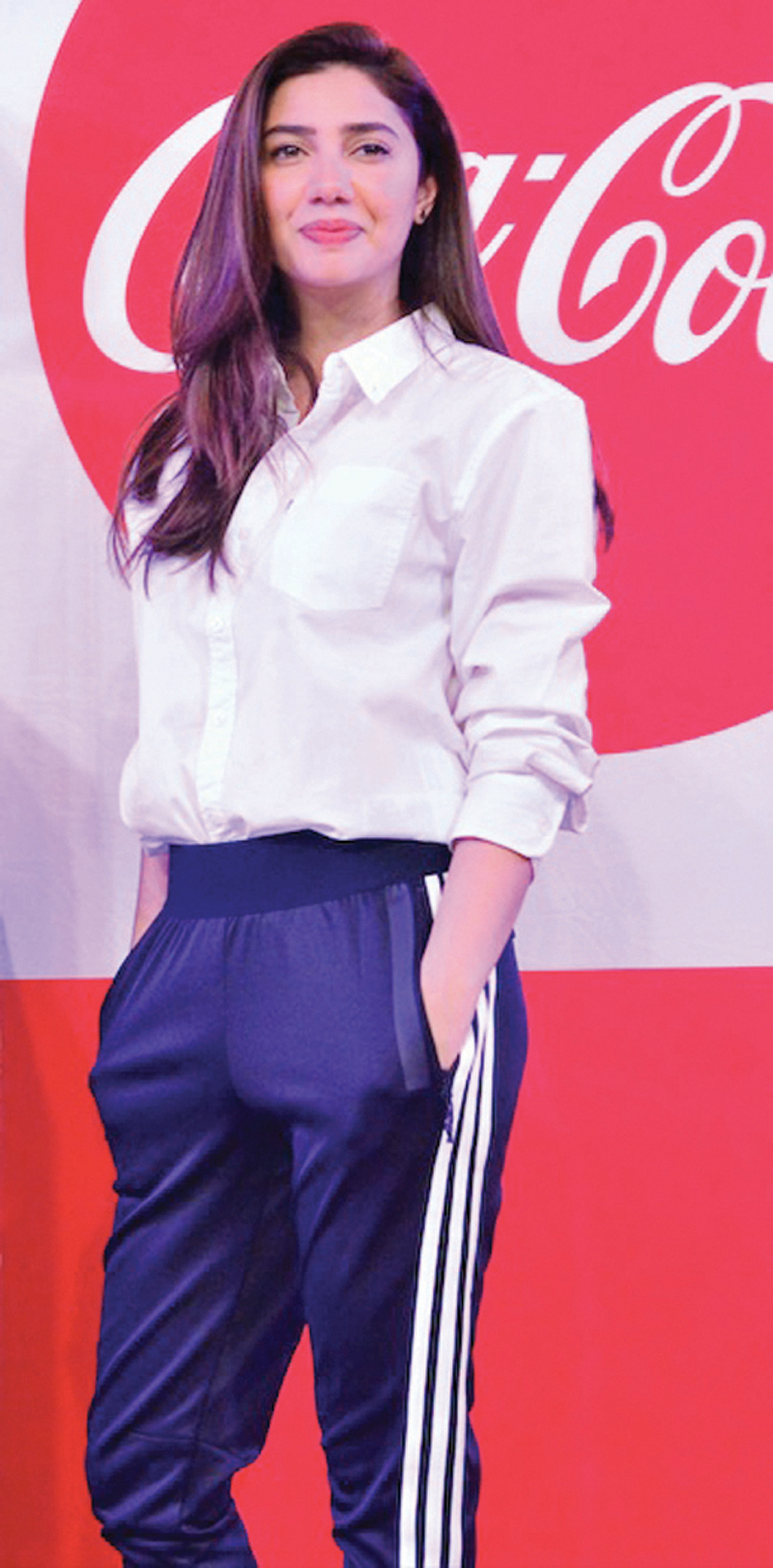 PHOTO: FILE
PHOTO: FILE“There were certain aspects of the story that people did not agree with, but not about the core message of the film. Yes, Verna was going to get banned because of the decision of a small minority, but [it] did not get banned because of the majority who stood up for the film. To me, that is victory,” she added.
Verna coincided with the #MeToo campaign. And not long after the film was released, Pakistan was shaken up by the rape and subsequent murder of seven-year-old Zainab Ansari in Kasur. “It was a breaking point for society,” says Khan. “The whole nation came out on to the streets. Everyone was angry and wanted justice. There is not enough education, and we are still shaming victims and talking about the issue in terms of family honour. Pakistan is ready for change.”
Post Verna, it was inevitable that Mahira would become a role model in the country. “Like every woman, I do have a #MeToo story; but if somebody wants to share something personal, they should do it when they want to, not because there is a movement or someone else is talking about it,” she stated.
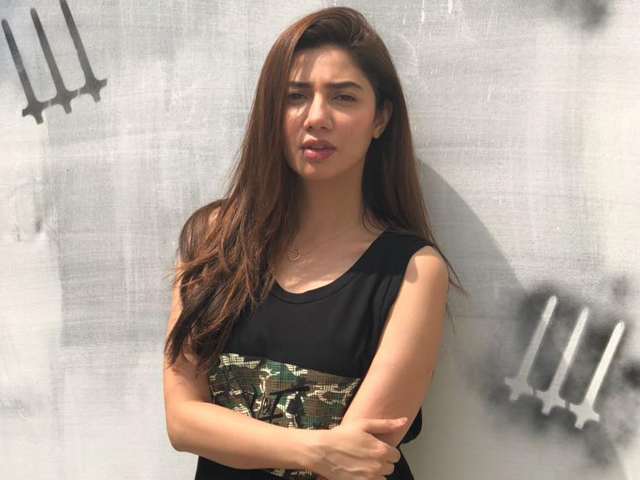 PHOTO: MAHIRA KHAN/INSTAGRAM
PHOTO: MAHIRA KHAN/INSTAGRAMMahira credits her opinion to her upbringing. “My parents were like these hippies almost; free-spirited but also strict – which seems like a weird dynamic – but it worked,” she shared. “They allowed us to do whatever we wanted, as long as we understood we were responsible for our choices and the consequences.”
The Raees star also spoke of her time studying in the US, which she describes as a pivotal experience. “I lived the life that a lot of American kids do, away from home at 17, working two jobs. Your perception of things changes. I came from a very safe, closeted environment. There, I was exposed to people from all walks of life; it made me a more tolerant person.”
Being a divorced single mother, Mahira describes herself as “an anomaly in Pakistan” and hopes to break the glass ceiling for other women. “We are very quick to make generalisations about people, like all Muslims are terrorists, all Pakistani women are oppressed, all Pakistani men are abusing them, etc. The only reason people do that is because they don’t care enough to take the time to find out more. It’s all, ‘Did you hear someone was raped in Pakistan? Did you know the rape statistics in India? Did you know the guy who bombed that place was Muslim?’ And a whole country is judged based on that,” she added.
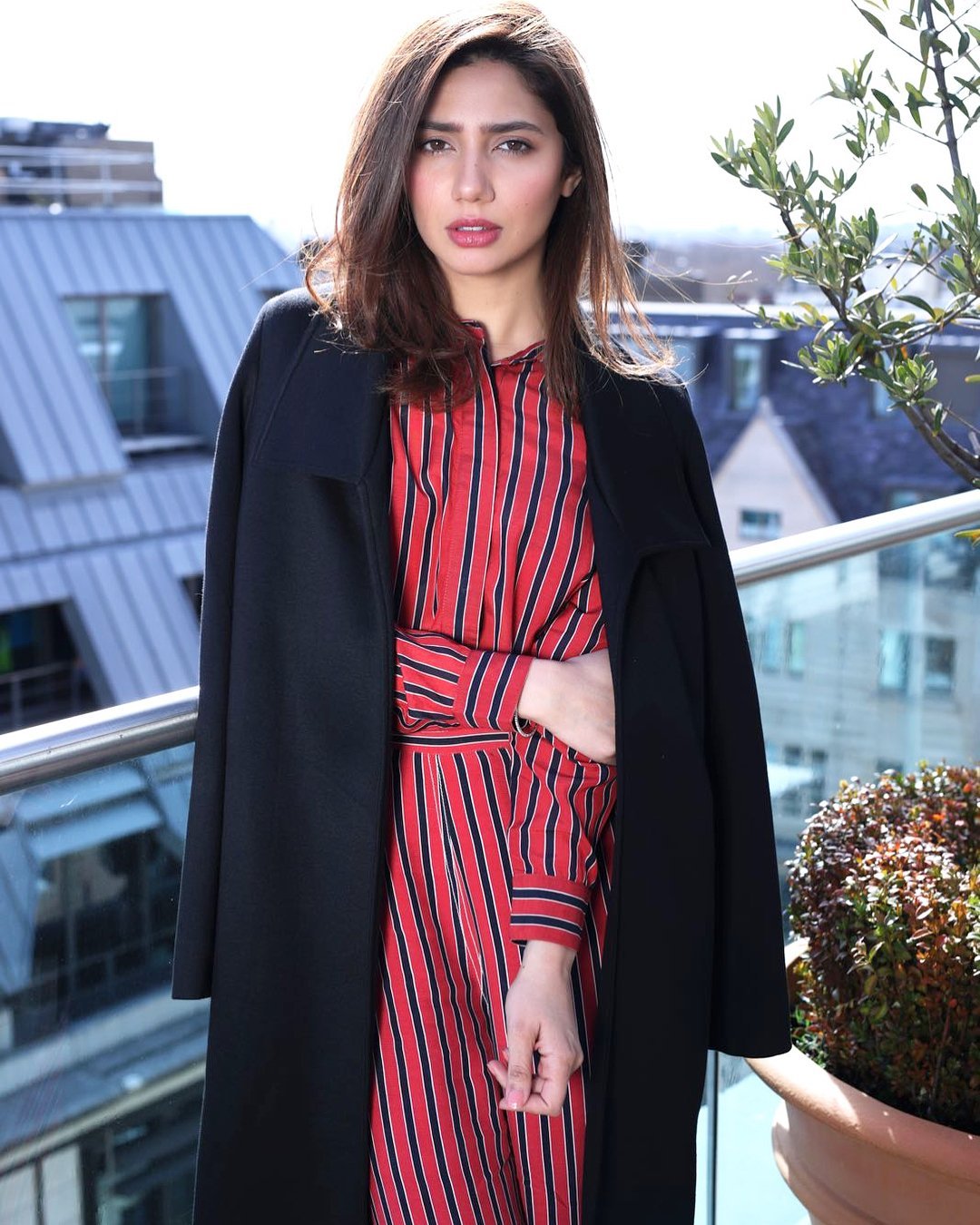 PHOTO: INSTAGRAM/ MAHIRA KHAN
PHOTO: INSTAGRAM/ MAHIRA KHAN“Because of this, I feel that I don’t just represent me, I represent every woman in Pakistan. I may not wear a hijab or have made the same choices, but there is a whole spectrum of women in Pakistan and I represent them,” concluded the star.
Have something to add to the story? Share it in the comments below.


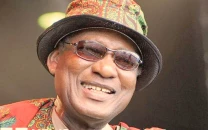
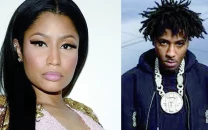
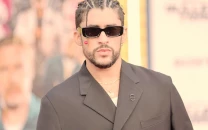
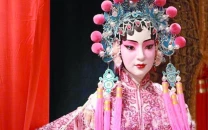
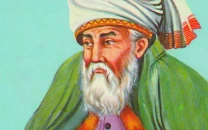












COMMENTS
Comments are moderated and generally will be posted if they are on-topic and not abusive.
For more information, please see our Comments FAQ